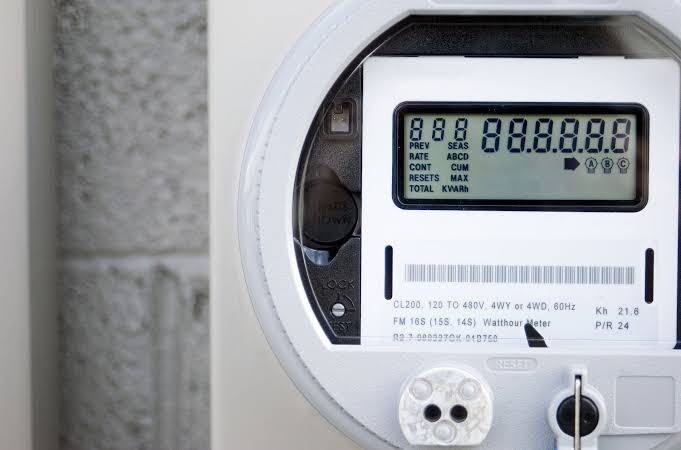Kenyan electricity consumers who generate their own power can now sell any excess energy they produce back to the national grid through a system called net-metering. This development comes after the official gazettement of the Energy (Net-Metering) Regulations, 2024, by the Ministry of Energy’s Cabinet Secretary. The new regulations aim to operationalize the net-metering provisions laid out in the Energy Act of Kenya.
These regulations apply specifically to renewable energy technologies with an installed capacity of less than 1 megawatt (MW). Net-metering is a billing mechanism that credits electricity consumers, such as those who use solar energy systems, for the surplus electricity they add to the grid. When consumers generate more power than they use, the excess is sent to the grid, and they receive a credit that can be applied against future electricity use.
According to the Energy and Petroleum Regulatory Authority (EPRA), the new regulations empower consumers who generate their own electricity to supply surplus power to the grid during times of overproduction. They can either be compensated for the excess energy or use the credits later when their production is lower than their consumption.
“Accordingly, a licensee shall enter into a net-metering arrangement with consumers on a first-come, first-served, and non-discriminatory basis, subject to the provisions of these Regulations,” EPRA stated. This provision ensures that all eligible consumers have an equal opportunity to participate in the net-metering program.
The regulations specify limits on the installed capacity for different types of consumers. For domestic customers, the capacity should not exceed 4 kilowatts (kW) for single-phase electricity supply and 10 kW for three-phase supply. For commercial and industrial (C&I) customers, the maximum allowable capacity is 1 MW, capped at the highest load demand achieved in the twelve months preceding the application for net-metering.
The introduction of the Net-Metering Regulations represents a significant milestone for Kenya’s electricity market. According to Bowmans, a law firm, this marks a pivotal shift in the country’s approach to energy management. The regulations enable consumers to store excess capacity on the grid during periods of low consumption, effectively reducing their electricity costs by offsetting the energy consumed from Kenya Power with the energy they supply back to the grid.
The regulations also emphasize Kenya’s commitment to increasing the adoption of renewable energy technologies by providing a framework for energy producers to store surplus energy on the grid. However, Bowmans cautioned that while the regulations primarily benefit consumers who own their power generation systems, they do not extend the same advantages to third-party owners who install and operate captive power systems within a consumer’s facility. This limitation suggests that further amendments to the Net-Metering Regulations may be necessary to include third-party owners in the benefits of the net-metering scheme.
In recent years, there has been a growing demand among consumers connected to the national grid to generate their electricity for personal use, supplementing the supply they receive from the national grid. Much of this self-generated electricity comes from renewable energy sources such as solar photovoltaic (PV) systems, small hydropower plants, and biomass facilities. The introduction of net-metering is expected to encourage even more consumers to invest in these renewable energy technologies.
As of December 2023, Kenya had an installed solar capacity of 410.4 MW, according to current statistics. This total includes 210.3 MW of grid-connected capacity, 3.9 MW of off-grid capacity, and 196.2 MW of captive capacity. The growing adoption of solar energy and other renewable technologies highlights the importance of the new Net-Metering Regulations in supporting the country’s transition to cleaner energy sources.



